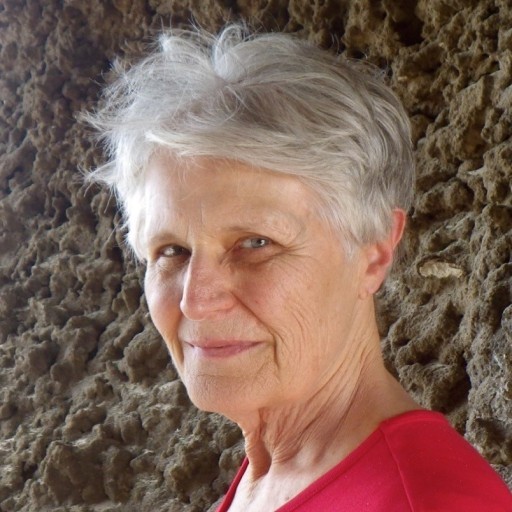
Nov 21, 2012 | Collapse of Industrial Civilization
We are in the early stages of a great unraveling, an epic collapse of the largest human civilization this planet will ever know. How are we to make sense of it? Maybe this little diagram can help.

Oct 4, 2012 | Collapse of Industrial Civilization
Only in crisis do human beings actually change anything. If there is any demarcation with profound implications going forward, it isn’t the line between the 1% and the 99% or the line dividing the Status Quo into two safely complicit ideological camps: it is the divide between those who squarely face the burden of knowing the present is unsustainable and those who flee into the comforts of denial. Those who accept the burden of knowing are part of the solution, those who cling to denial are part of the problem.

Aug 15, 2012 | Collapse of Industrial Civilization
Evolution can be ruthless at eliminating the unfit. “Red in tooth and claw,” as Tennyson memorably described it, Nature routinely sacrifices billions of individual organisms and sometimes entire species in the course of its adaptive progression.
We humans have been able to blunt Nature’s fangs. We take care of individuals who would not be able to survive on their own—the elderly, the sick, the wounded—and we’ve been doing so for a long time, perhaps tens of thousands of years. In recent decades more and more of us have leapt aboard the raft of societally ensured survival—though in ways that often have little to do with compassion: today even most hale and hearty individuals would be hard pressed to stay alive for more than a few days or weeks if cut adrift from supermarkets, ATMs, and the rest of the infrastructure of modern industrialism.

Jun 26, 2012 | Emotional/Spiritual
This, then, is the inner work of Transition: Questioning and letting go of the comfortable beliefs and unquestioned assumptions – conscious or unconscious – that we take as gospel truth, and that cause us so much stress (especially when the dissonance between them and reality-as-it-is becomes too obvious to ignore).

Mar 9, 2012 | Collapse of Industrial Civilization
America was founded within a conceptual framework of being in opposition to something—the British and the Native Americans, to begin with—and it never abandoned that framework. It doesn’t really have a clear idea of what it is in a positive sense, and that has generated a kind of national neurosis. I mean, we were in real trouble when the Soviet Union collapsed; in terms of identity, we were completely adrift until the attacks of 9/11 (just think of how frivolous and meaningless the Clinton years were, in retrospect). War is our drug of choice, and without an enemy we enter a kind of nervous breakdown mode.

Feb 11, 2012 | Occupy Movement
We hold these truths to be self-evident: That the real, physical world is the source of our own lives, and the lives of others. A weakened planet is less capable of supporting life, human or otherwise. Thus the health of the real world is primary, more important than any social or economic system, because all social or economic systems are dependent upon a living planet.

Aug 21, 2011 | Economic Meltdown, Feature Articles
In plain terms, we’re entering a period in history that will rival the Revolutionary war. This country will be very very different by the time it has ended. Many people will lose everything in this mess. Yes, everything. So if you have yet to take steps to prepare for this, you need to get moving NOW!

Jan 6, 2011 | Feature Articles
It’s our current mode of consciousness that is unsustainable. It leads to short-term needs that are intrinsically incompatible with the long-term needs of future generations. This is the underlying reason why current business practices, economies and societies are unsustainable. If we are to develop truly sustainable policies we must change not only our behavior but the mode of consciousness that underlies them.

Dec 15, 2010 | Feature Articles
ORIGINAL ARTICLE Ilargi: When I first saw the Gonzalo Lira pieces, it took me less than five minutes to delete them. Their basis is simply too slim: if A happens, than B. C and D must also happen. Yeah, but what if A does not happen? A lot of our readers didn’t...
Dec 11, 2010 | Video









